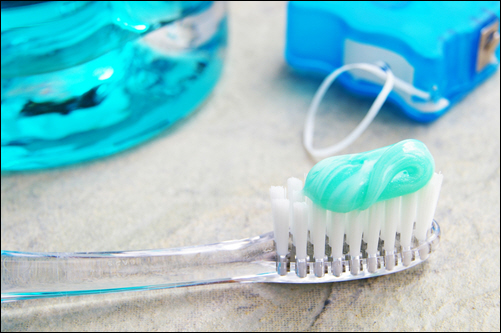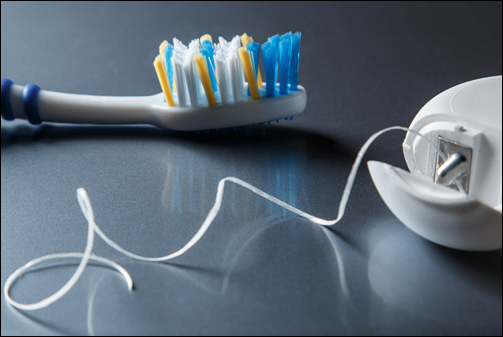Maintaining a healthy, bright smile requires more than just visits to the dentist. Between professional cleanings and exams, daily home care plays a crucial role in keeping your teeth and gums in top shape. By following consistent oral hygiene habits and making smart choices, you can prevent plaque buildup, reduce the risk of cavities, and protect your gums. Here are some effective home dental care practices that help keep your smile strong and healthy between dental appointments.
Brush Twice a Day with the Right Technique
Brushing your teeth twice a day, in the morning and before bed, removes plaque and food particles that can lead to tooth decay and gum disease. Use a soft-bristled toothbrush and fluoride toothpaste to protect your enamel and clean your teeth effectively. Hold your toothbrush at a 45-degree angle to your gums and use small, circular motions, covering all surfaces of your teeth—front, back, and chewing surfaces. Spend at least two minutes brushing each time to ensure a thorough clean. Replace your toothbrush every three to four months or sooner if the bristles become frayed.
 Floss Daily to Remove Plaque Between Teeth
Floss Daily to Remove Plaque Between Teeth
Flossing is just as important as brushing, as it reaches the tight spaces between teeth where plaque and food particles can hide. Skipping flossing allows plaque to build up, increasing the risk of cavities and gum disease. To floss correctly, use about 18 inches of floss, gently sliding it between each tooth. Curve the floss around the base of each tooth, moving it up and down to remove any debris without irritating your gums. If traditional floss is challenging to use, consider floss picks or a water flosser for convenience.
Use Mouthwash to Target Bacteria
Mouthwash adds an extra layer of protection by reaching areas that brushing and flossing might miss. Look for an antiseptic or fluoride mouthwash, which helps kill bacteria, freshen your breath, and strengthen enamel. Rinse with mouthwash for about 30 seconds after brushing and flossing. Avoid eating or drinking immediately afterward to allow the mouthwash to work effectively.
Limit Sugary Foods and Drinks
Sugar is one of the main contributors to tooth decay. Bacteria in your mouth feed on sugars, producing acids that erode enamel and lead to cavities. Limiting sugary foods and drinks, such as soda, candy, and desserts, can significantly benefit your dental health. When you do consume sugar, try to brush your teeth or rinse your mouth with water shortly afterward to reduce the impact on your enamel.
Stay Hydrated and Choose Water as Your Main Beverage
Drinking water throughout the day promotes saliva production, which is essential for washing away food particles and neutralizing acids. Saliva acts as a natural defense against bacteria, helping to prevent cavities and gum disease. Choose water as your primary beverage, especially after meals, and try to limit acidic drinks like soda, energy drinks, and citrus juices that can weaken enamel.
Don’t Forget Your Tongue
Bacteria can accumulate on your tongue, leading to bad breath and increasing the risk of plaque buildup. With your home dental care, gently brush your tongue each time you brush your teeth, or use a tongue scraper if you prefer. This simple step keeps your breath fresh and helps control bacteria levels in your mouth.
Keep Your Smile Bright Between Cleanings
Good home dental care makes a significant difference in the health and appearance of your smile. By practicing good home dental care and making smart dietary choices, you can protect your teeth and gums between professional cleanings and exams. Consistent care and regular dental visits create a solid foundation for lifelong oral health, giving you a smile you can feel confident about every day.

